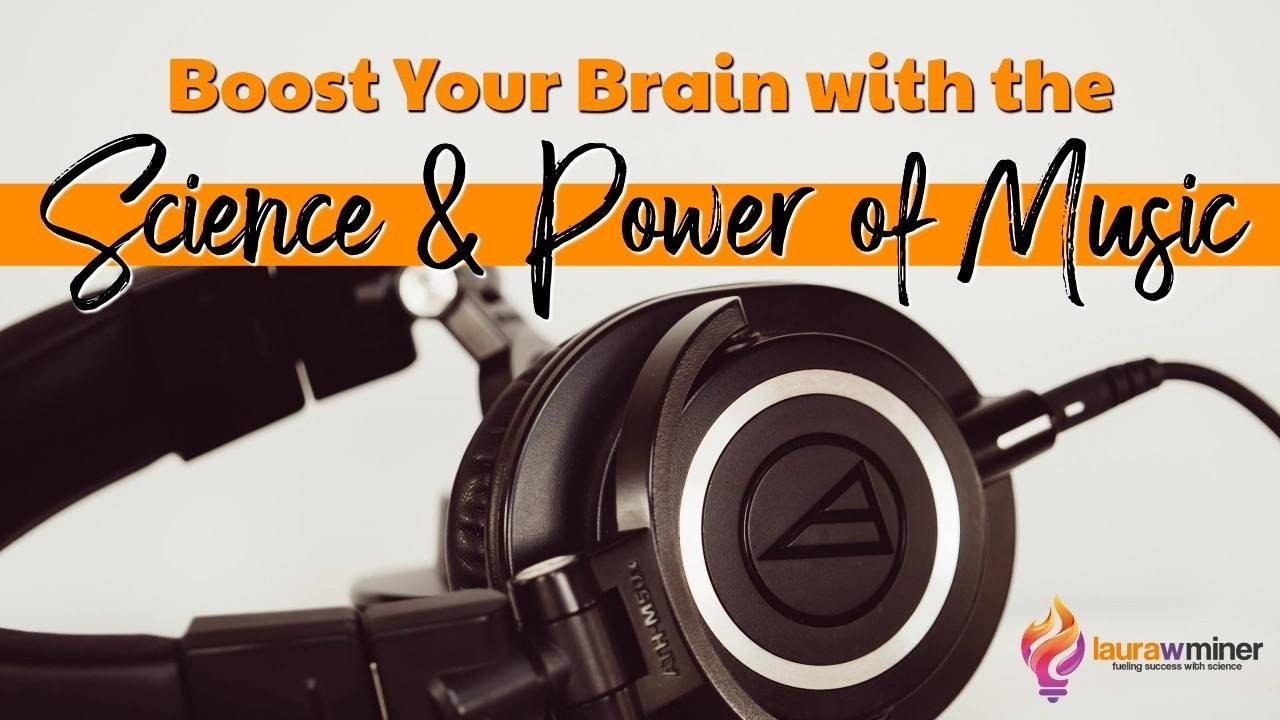
People commonly stroll city streets in rhythmic cadence to the beats flowing freely from their headphones.
With musical choices as wide and diverse as the people themselves, most playlists are based on nothing more than personal taste or current mood.
But could the soothing sounds of Mozart, the uplifting beats of Pharrell, or the energetic tones of Eminem make a difference in our health and well-being?
Research has revealed that music choices can have substantial impacts on multiple areas of life, including stress levels, memory, and even sleep patterns.
MUSIC AND SLEEP
When researchers looked at the sleep patterns of college students, they found that those who listened to 45-minutes of relaxing classical music before bed enjoyed significantly better sleep quality than those who listened to either audiobooks or no music at all.
These results have even prompted sleep centers to use music therapy as a treatment for insomnia. So, the next time looming tasks are preventing a good night’s sleep, mellow out with Mozart and catch some zzz’s.
MUSIC AND CONCENTRATION
Distractions fly at us from every direction creating wandering minds that can sometimes be difficult to reign in. However, research has shown that playing background music while focused on another activity, such as writing that quarterly report or assembling a client presentation, can significantly improve performance.
Specifically, one study found that playing more upbeat music led to improvements in processing speed while both upbeat and downbeat music led to benefits in memory. So, the next time you need to stay focused on a task, consider adding some background music to the mix and get a boost in your mental performance.
MUSIC AND PERCEPTION
Music also has the power to influence our perception of others. We’ve all had that client or co-worker who somehow manages to make a 30-minute meeting feel like a 4-hour torture session. But researchers discovered that a quick jolt of happy music prior to these interactions resulted in participants rating other’s faces as “happier”, versus when no music was played. It turns out when a colleague won’t put on a happy face, the solution may be to put on a happy tune.
MUSIC AND STRESS
Unfortunately, stress is just a part of life. But how long and how deeply stress impacts you can actually be controlled with music.
A 2013 study revealed that music has a direct impact on the autonomic nervous system, which plays a large role in the human stress response. What the researchers found was that those who listened to relaxing music prior to a stressful event recovered more quickly from stress. And while we can’t always anticipate stress, we can kick-start our days with calming music to help set the stage for a faster recovery when it occurs.
In addition, research also revealed that those who listen to classical, happy or upbeat music after a stressful event tended to recover more quickly. As an example, classical music was found to help calm a person's breathing and slow their heartbeat, reducing both the symptoms and duration of the stress response. So if you want to reduce the harmful effects of stress, bookend your days with music.
MUSIC AND MOTIVATION
But the benefits of music aren’t relegated to classical, happy or upbeat tunes. It turns out that Eminem, with his fast, energetic beats, can play a major role in enhancing motivation.
Research exploring the connection between exercise and music tempo found that faster tempos resulted in increased performance, while slower tempos showed decreased performance. In addition, these results extended beyond the duration of the music and provided lasting effects into the day.
So, when it’s time to pump up the energy and push through that last hour of the day, the solution may be to “Lose Yourself” with Eminem, and then get back to work.
MUSIC AND PAIN MANAGEMENT
For many people, aches and pains are an everyday part of life. But before you reach for the ibuprofen, consider the results of a 2015 analysis that sought to understand how music impacts perceptions of pain. The research revealed that patients who were exposed to music pre- and post-surgery had measurable decreases in pain and anxiety over those who received no music therapy. So the next time a tension headache starts to surface, consider adding some soothing tunes to calm your aching head.
The research is in; music has profound effects on human functioning. With the power to support goals and spur achievement, it’s time to give playlists a second thought before hitting the play button.
Want to fuel your success with additional science-backed insights? Click here to get access to a free, 10-part video course packed full of tips, tools, and science-backed insights to help you develop an achiever’s mindset!
Get the Practionable Leadership Newsletter
Practical, actionable insights to help you level up your leadership and life!



